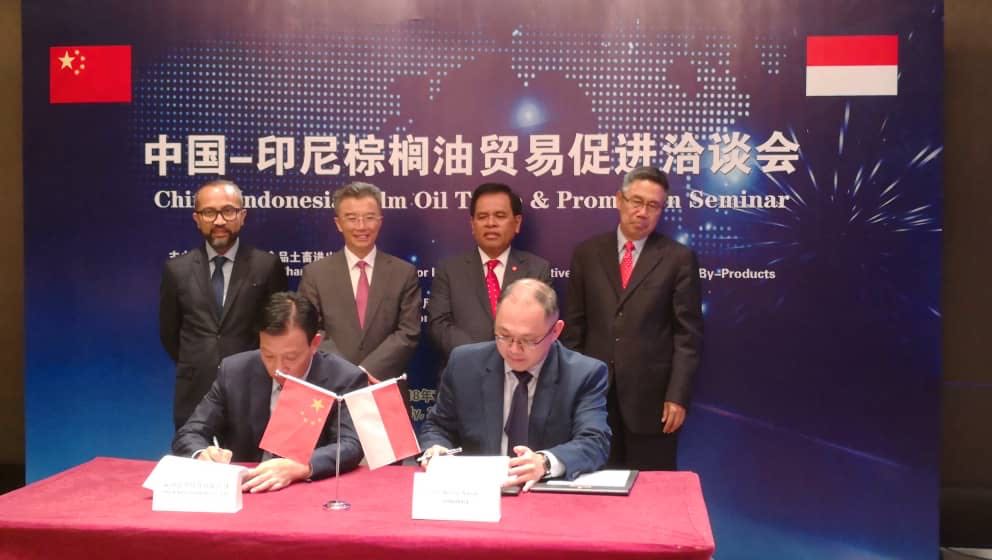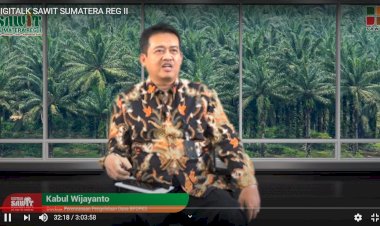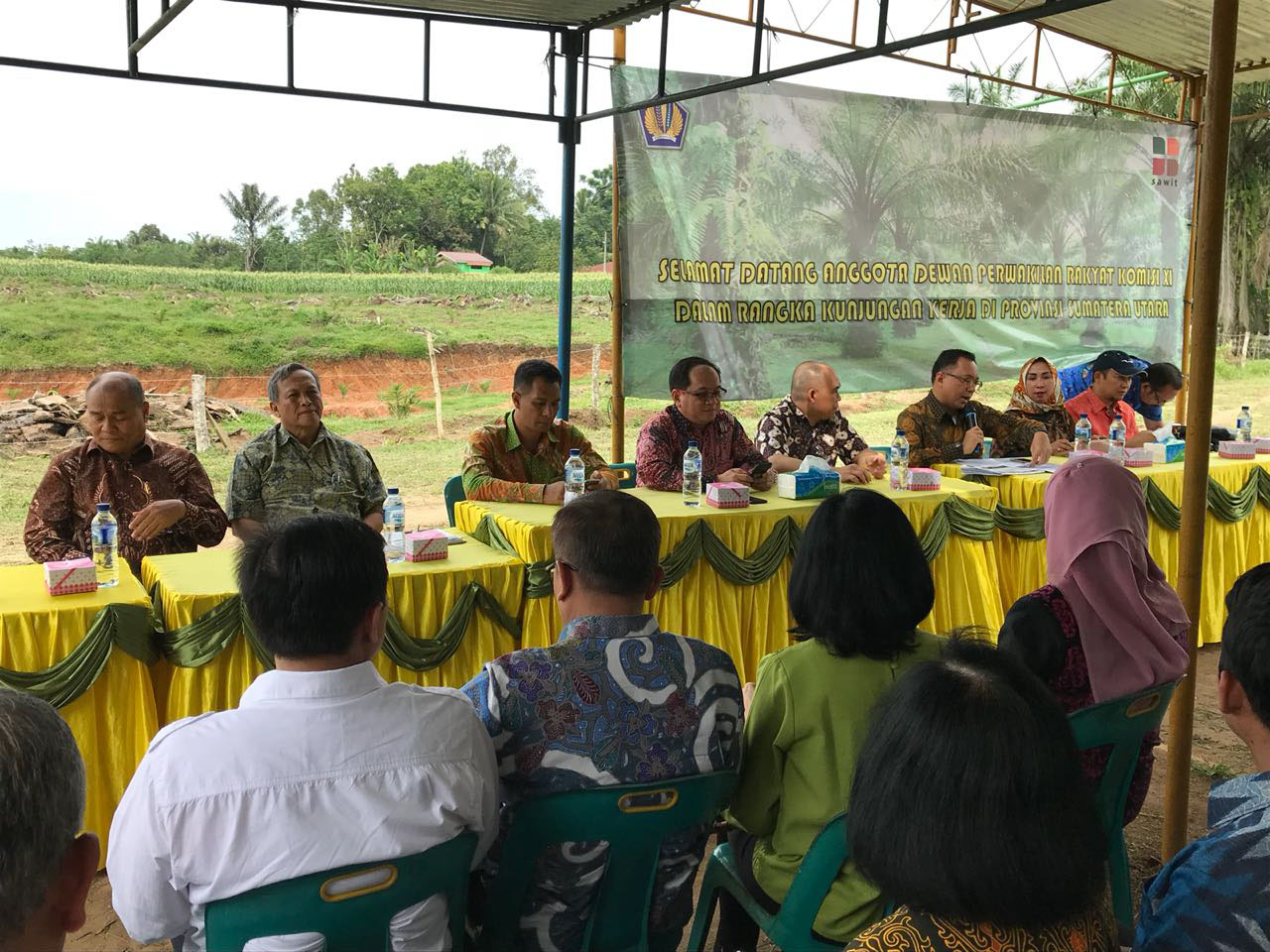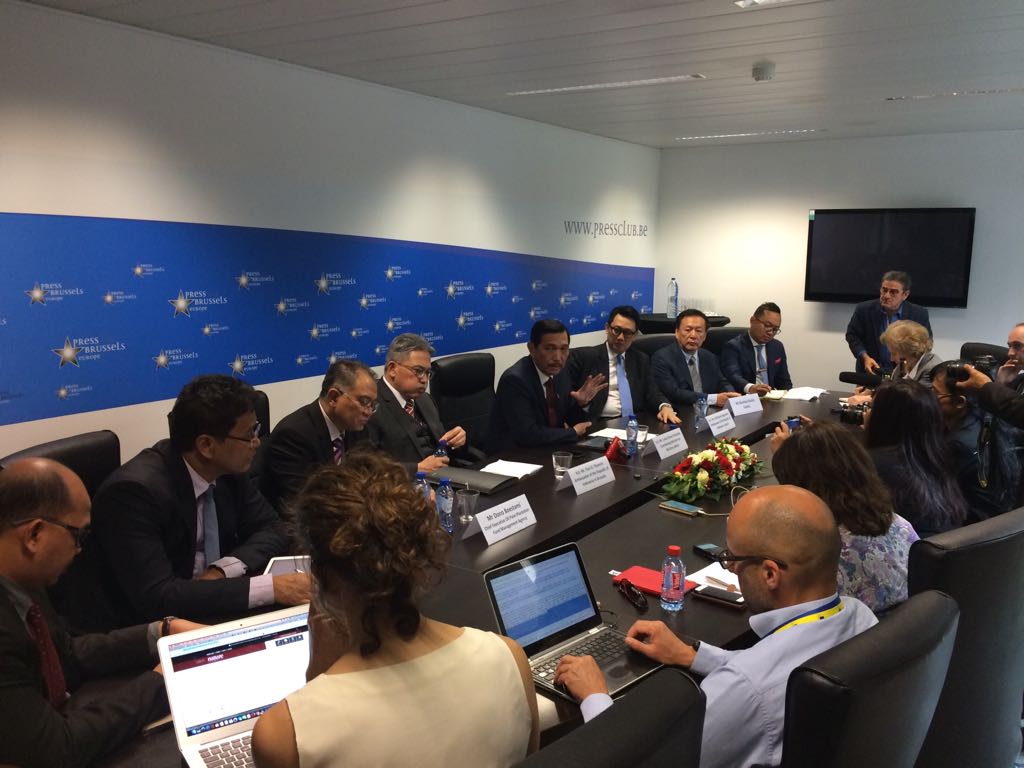CPOPC Expresses Concern Over Delegated Regulation of the EUs RED II
Council of Palm Oil Producing Countries (CPOPC) has agreed to take a stand on the proposed Delegated Regulation Supplementing Directive 2018/2001 of the EU Renewable Energy Directive II. At the 6th Ministerial Meeting of CPOPC in Jakarta (28/2/2019), the ministers agreed to jointly address discriminatory measures arising from the proposed Delegated Regulation.
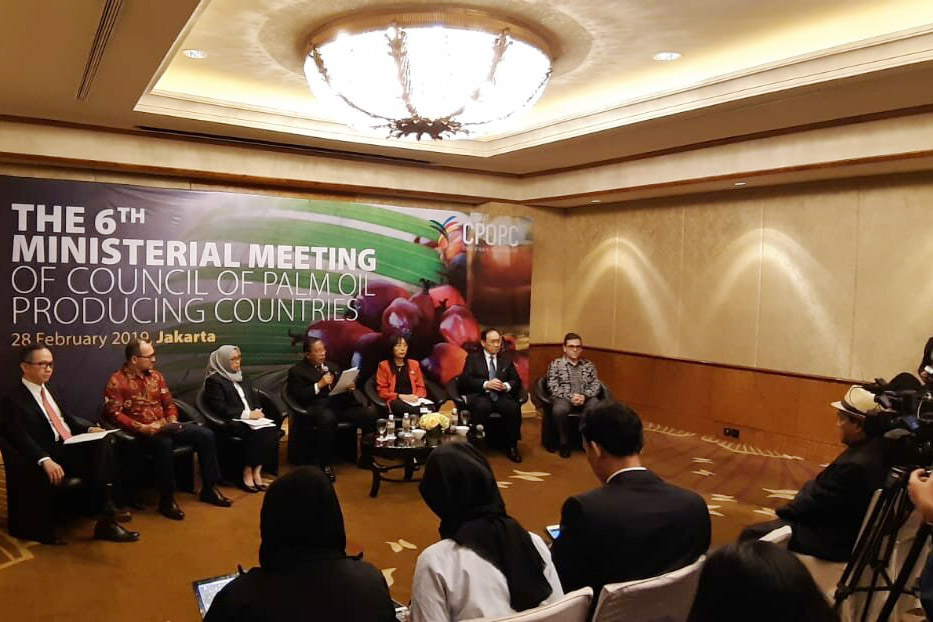
Council of Palm Oil Producing Countries (CPOPC) has agreed to take a stand on the proposed Delegated Regulation Supplementing Directive 2018/2001 of the EU Renewable Energy Directive II.
At the 6th Ministerial Meeting of CPOPC in Jakarta (28/2/2019), the ministers agreed to jointly address discriminatory measures arising from the proposed Delegated Regulation. The Ministers viewed the Delegated Regulation as a political compromise within the EU aimed at isolating and excluding palm oil from the EU mandated biofuel sector to the benefit of other vegetable oils, including EU rapeseed.
Attendees at the meeting included Coordinating Minister for Economic Affairs Darmin Nasution, Minister of Primary Industries of Malaysia Teresa Kok, and Director of Agricultural Rural Planning Unit of Colombia Felipe Fonseca Fino.
The Meeting covered a number of current issues on palm oil, including international trade policies and market access, business and smallholder engagements, and the United Nations 2030 Agenda for Sustainable Development Goals (SDGs).
CPOPC reiterated its view that the intention of this proposed Delegated Regulation is to restrict and effectively ban altogether palm oil biofuel in the EU through the use of a scientifically flawed concept of Indirect Land Use Change (ILUC). The criteria selected under the proposed Regulation deliberately focusses on palm oil and deforestation and makes no attempt to include broader environmental concerns associated with the cultivation of other vegetable oils including rapeseed.
Furthermore, the ILUC is not only a unilateral instrument directed against Palm Oil Producing Countries thereby hindering the implementation of SDGs, but it seemingly covers all biofuel produced in palm producing countries, (not just the volume exported to Europe) and this represents an unacceptable infringement of sovereignty. In this regard, the Ministers agreed to undertake a joint mission to Europe to address the issue with the relevant EU authorities.
The Ministers agreed to continue challenging the proposed Regulation through bilateral consultations, ASEAN, WTO, and other appropriate platforms. At the same time, Palm Oil Producing Countries remains open to a genuine dialogue on the environment with the EU within the framework of UN SDGs 2030, which has been widely embraced by Members of the UN including the EU and Palm Oil Producing Countries.
The Ministers expressed their concern on the discriminatory measures against palm oil in the draft resolution on “Deforestation and Agricultural Commodity Supply Chains” as proposed by the EU at the United Nations Environment Assembly. The Meeting also agreed to further collaborate with multilateral organizations, namely UNEP and FAO to enhance palm oil?s contribution towards the achievement of UN SDGs 2030, in which the role of oil palm smallholders is adequately addressed.
The Ministers welcomed CPOPC’s efforts in addressing concerns on palm oil and food safety with respect to 3-MCPDE and GE. The Meeting also agreed on a common position to have only one maximum level of 3-MCPDE and GE for all edible oils and fats. Further, Indonesia will host the upcoming Codex Committee of Contaminants in Foods in April 2019. CPOPC supports efforts for the finalization of a Draft Code of Practice for the Reduction 3-MCPDE and GE in Refined Oils and Products.
CPOPC is fully committed to representing the interests of palm oil producing countries and strongly supports the welfare and well-being of the oil palm smallholders. CPOPC will continue to invite other global palm oil producers to be members of the Council. As another example of CPOPC?s collaborative efforts, a seminar on “Investment Opportunities in Palm Oil Sector in Colombia” which was held on 28 February 2019.
On a concluding note, the Ministers agreed for the Second Ministerial Meeting of Palm Oil Producing Countries (MMPOPC) to be held in Kuala Lumpur, Malaysia, on 18 November 2019. ***


